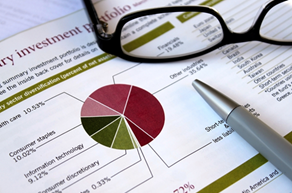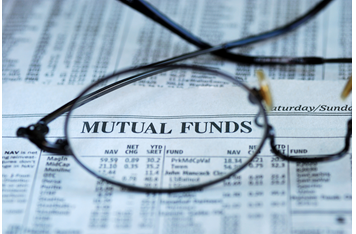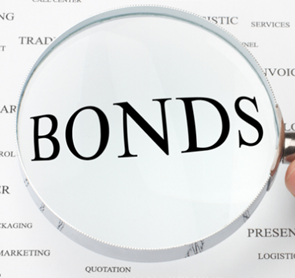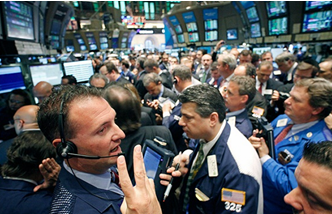There is no arguing that the economy of the United States has seen better days. With the financial crisis of 2008, many investors and business owners helplessly watched the prices of their stocks and assets plummet. The housing market crashed, leading to hundreds of thousands of foreclosures. Since then, real estate and other investments have been on the rise, but they are nowhere near their peak values before the recession hit.
See also: Top Ten Banking Stocks for Individual Investors
With the condition of the country now, business analysts often disagree on which investments are the best in this tough economy. Some think stocks will provide greater returns than bonds, and others believe investing in ETFs are the way to go.
[newsletter1][/newsletter1]
It is difficult to predict the future, but financial advisers often recommend buying these investments when the economy takes a downturn:
Bonds
Bond yields have never been lower than they are today, but many analysts recommend them because they have the lowest risk. They are considered the safest investments in a tough economy. Companies and the federal government assure bond holders that the principal will be repaid with interest. However, the Fed vows to keep interest rates at record lows until 2015 to boost economic growth. If you are a risk-averse investor, government and corporate bonds offer a safe haven in a tough economy.
Foreign Stocks
Many investors have a bias against foreign stocks because they are perceived to be high-risk investments. It is widely known that Americans prefer domestic stocks they are familiar with and under-allocate their portfolios to foreign stocks. This is a mistake when the economy goes sour, because some foreign investments actually perform more consistently than domestic stocks. Canada, for example, has an average national market return of 8.5% due to its strong economy and low risk. Some foreign stocks provide dividends greater than 8.0%, which is far more than most payouts from domestic stocks.
Other News: Are Mutual Fund Fees Mutually Destructive?
ETFs
Exchange-traded funds are one of the newest investment vehicles available today. An ETF is a group of hundreds or thousands of stocks that are bought and sold as a unit. With such a vast array of holdings, ETFs are diversified to greatly reduce risk in an investor’s portfolio. They have relatively low expenses, which makes them a viable option for people who regularly trade stocks and other assets. You can choose an ETF that is specific to a sector, asset class, or geographical region. There are thousands of ETFs to choose from so you can find one that fits your investing needs. These investments may provide significant returns in a tough economy. You should research various tools and assets before making any investment choices. Everyone has a different tolerance for risk and expected returns. Depending upon your preferences, you can find stocks and bonds that give you desired results through a tough economy.
[related1][/related1]





